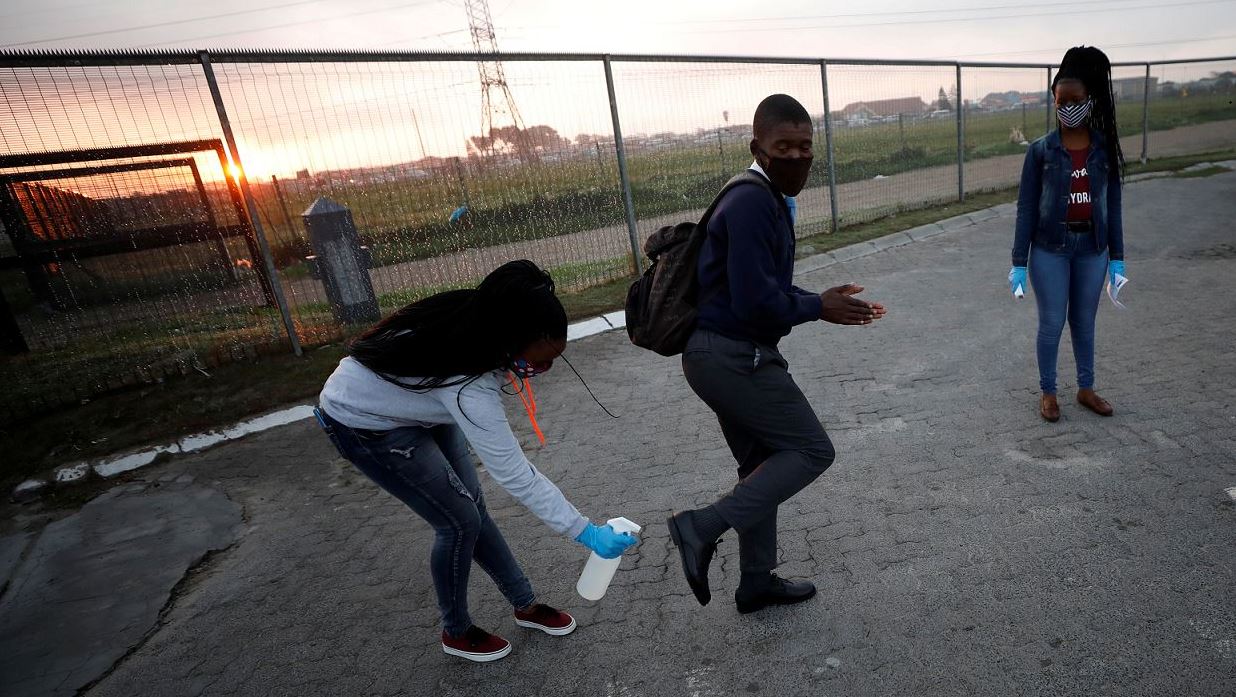
Schools closure draws mixed reactions in South Africa amid COVID-19 spike

South Africa’s decision to close public schools again has drawn conflicting reactions from the country’s citizens.
Having experienced an upsurge in new daily COVID-19 cases, South Africa’s government decided to close schools again in efforts to curb further spread of the disease.
President Cyril Ramaphosa announced on Thursday that schools will remain closed from 27 July through 24 August.
The decision to close received mixed reactions from various quarters, some hailing it while others deemed it ‘regrettable’.
Minister of Basic Education Angie Motshekga explained on Friday that the break would allow schools to prepare for the return of more grades later in August.
The basic education system needs to be afforded the opportunity and space to gradually settle in to deal with the new normal of operating under COVID-19, in line with a risk-adjusted differentiated approach in re-opening schools, she said.
“Schools must make arrangements with parents for learners to get work or materials for them to remain fully engaged during the break. Learners should also be given work as they collect food or when they leave on 24 July 2020,” the minister said.
The South African Human Rights Commission (SAHRC) however criticized as “regrettable” the government for closing schools.
Western Cape’s premier, Allan Winde, also criticized the move to close schools, and said he would consider legal options to challenge it.
“In my own experience, being on the ground specifically in highly vulnerable, high density areas where our hotspots were showing the numbers, I am convinced it’s safer at schools than not,” Winde said.
South Africa is Africa’s worst-hit country by the COVID-19 pandemic, having reported 421,996 infections and 6,343 deaths by Saturday afternoon, according to figures from the U.S.-based Johns Hopkins University.
The figures represents 51.8 percent of the continent’s cases and 37 percent of its deaths.






